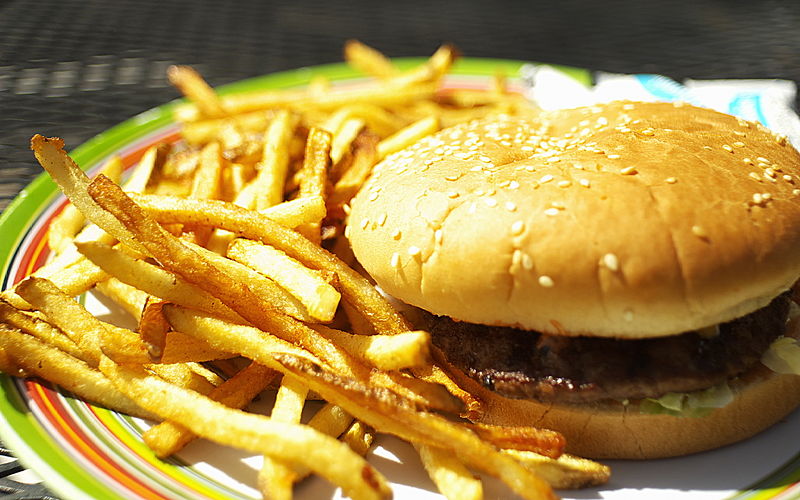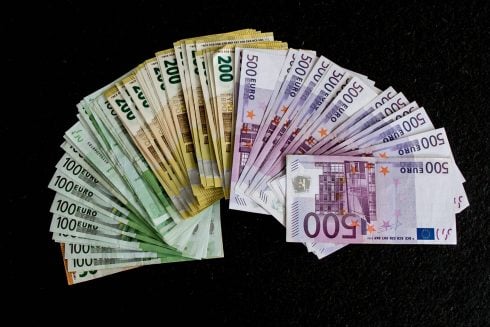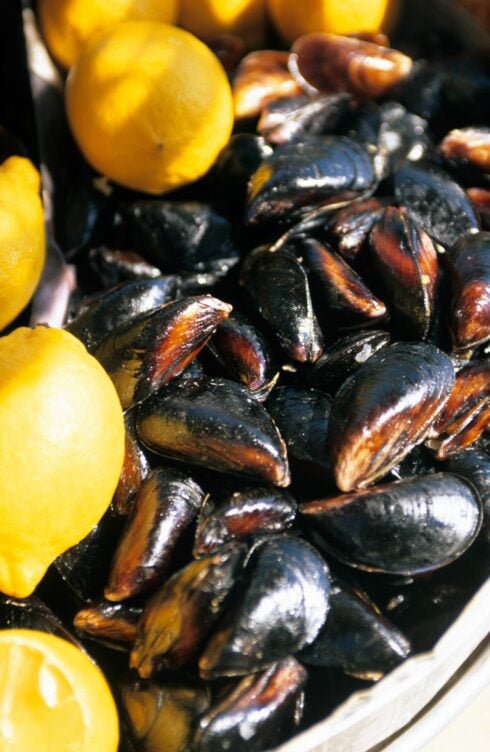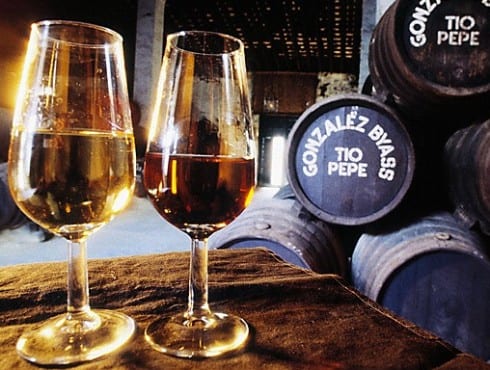THE European Union (EU) has enforced a limit on the amount of non-natural trans fats that can be added to food products sold within its borders.
According to a press release by Valencia-based research centre Ainia, producers throughout the EU are now restricted to adding a maximum of two grammes of trans fats for every 100 grammes of total animal-based fat in foodstuffs sold to retailers and consumers.
Any products that do not meet this standard will be unauthorised for sale, says Ainia.
When the foodstuffs are not sold directly to the final consumer or aimed at supplying retailers, producers are now required to inform wholesale clients about the amount of non-naturally occurring trans fats present in meat products when it is higher than two grammes for every 100.

The Valencian experts applaud the EU’s decision, revealing that the authorities had been working for several years on establishing a legal framework to limit the content of trans fats in food products.
Trans fatty acids are directly linked to heart disease and death, claiming more than 500,000 lives throughout the world every year according to the World Health Organization.
According to Healthline.com: “Trans fats, or trans-fatty acids, are a form of unsaturated fat that comes in both natural and artificial forms. Artificial trans fats – otherwise known as industrial trans fats or partially hydrogenated fats – occur when vegetable oils are chemically altered to stay solid at room temperature, which gives them a much longer shelf life.”
Fried fast food is the most infamous culprit, although artificial trans fats can also be found in certain types of margarines and vegetable oils, bakery products and frozen pizzas, among others.
READ MORE:
- Spain is fourth biggest exporter of food and drink in the EU
- Orange farmers on Spain’s Costa Blanca vent anger over sugary drink tax plans
- STRAWBERRY FIELDS FOREVER: Scientists highlight the many health benefits of fresas
Click here to read more Food & Drink News from The Olive Press.








